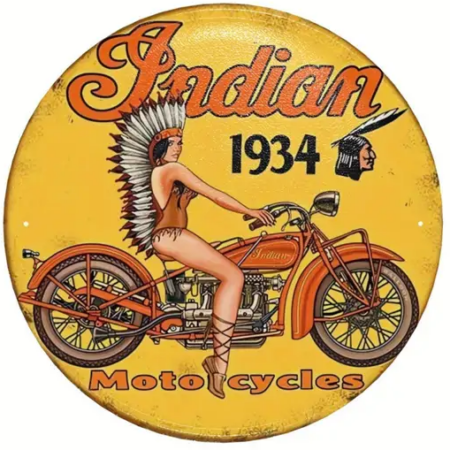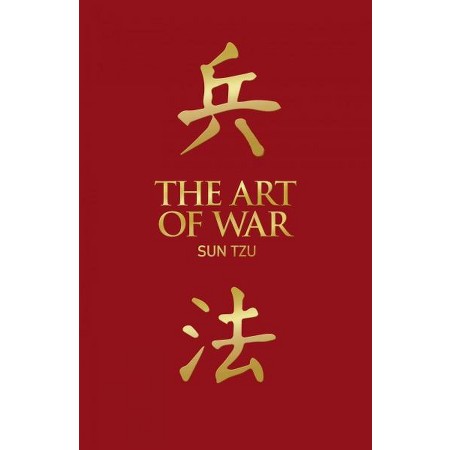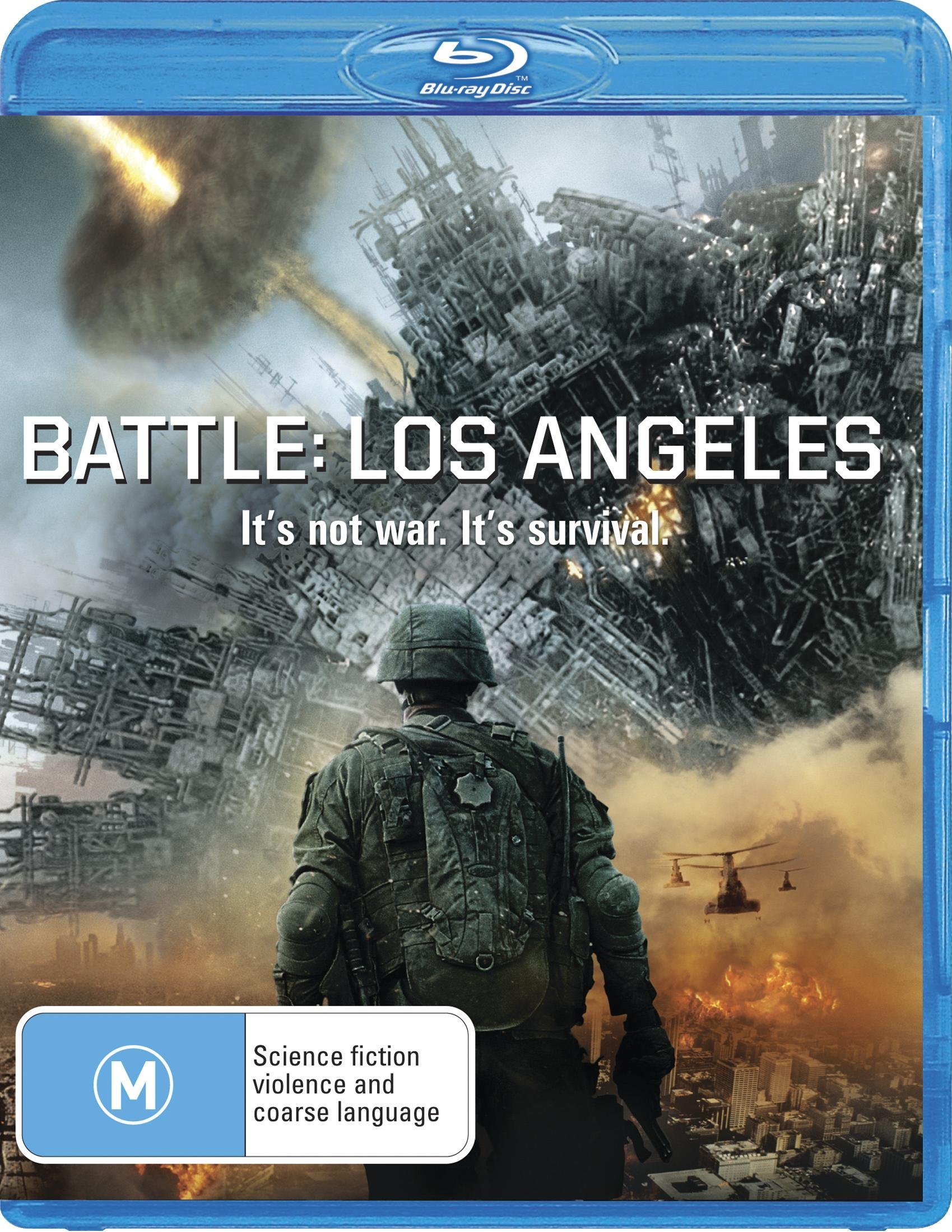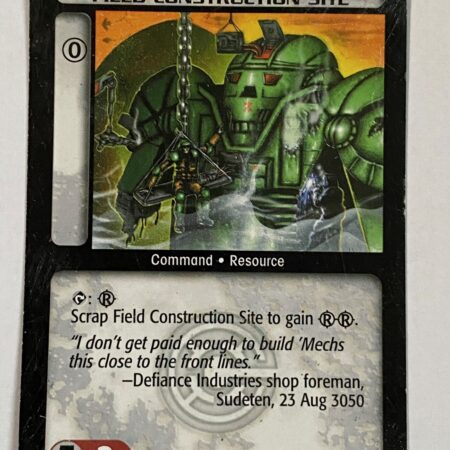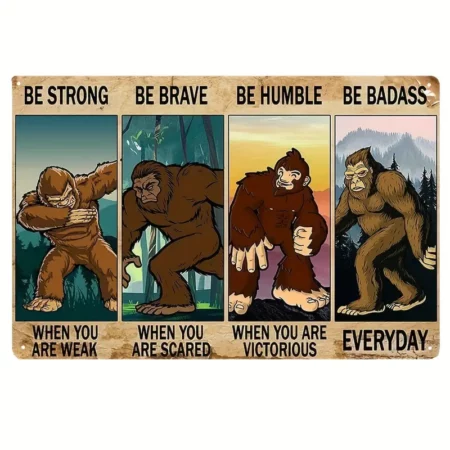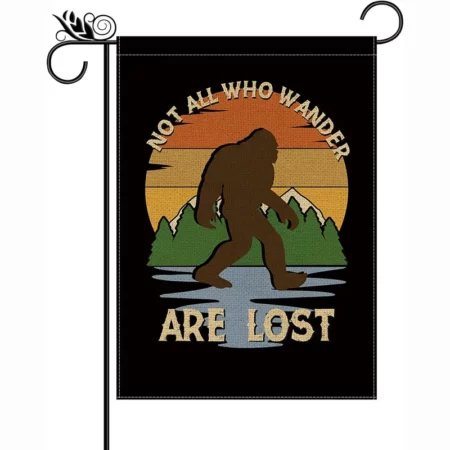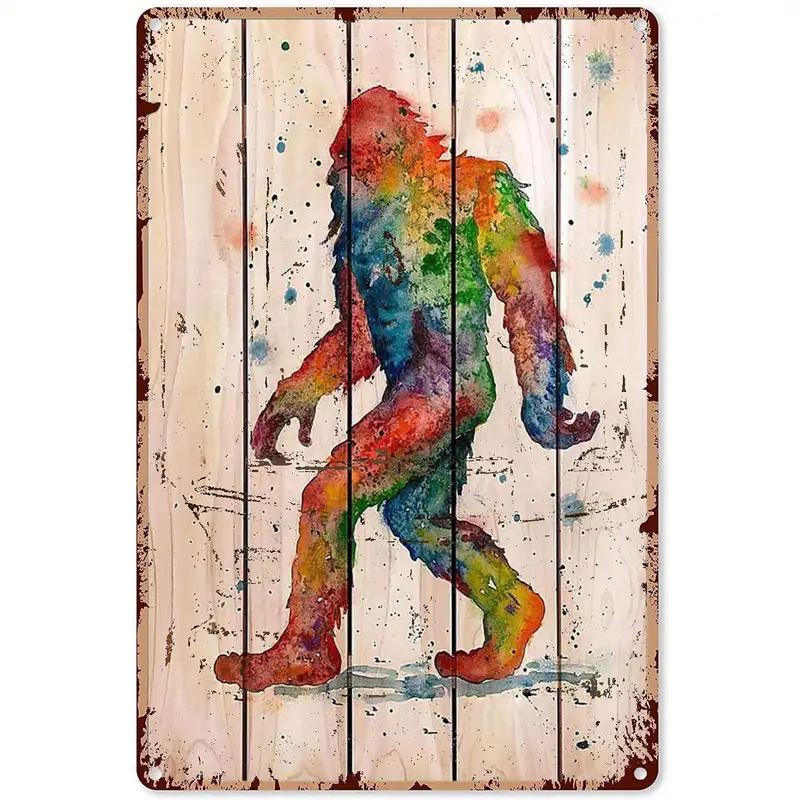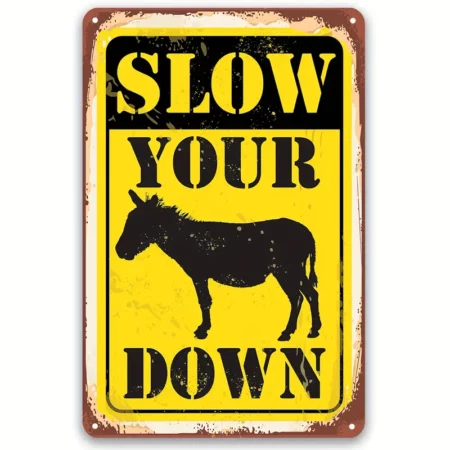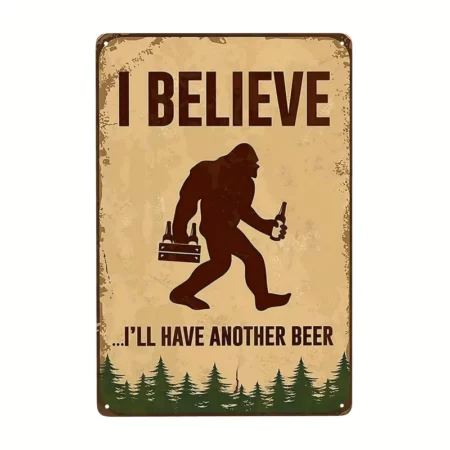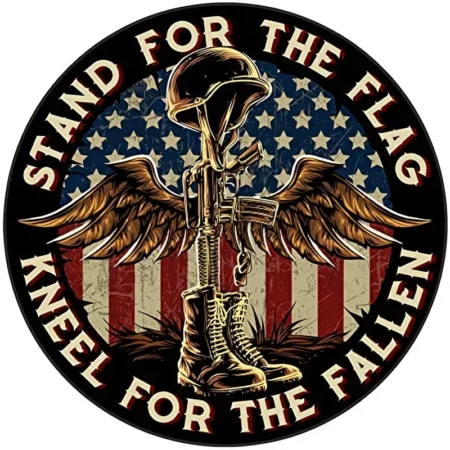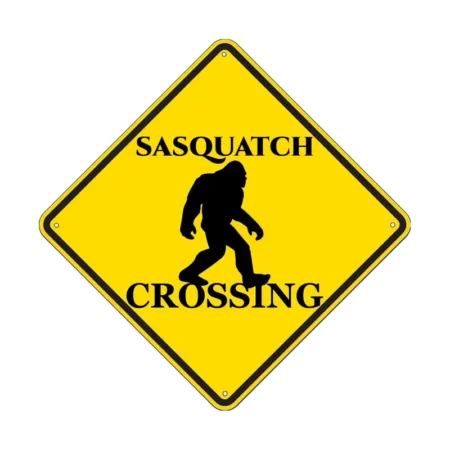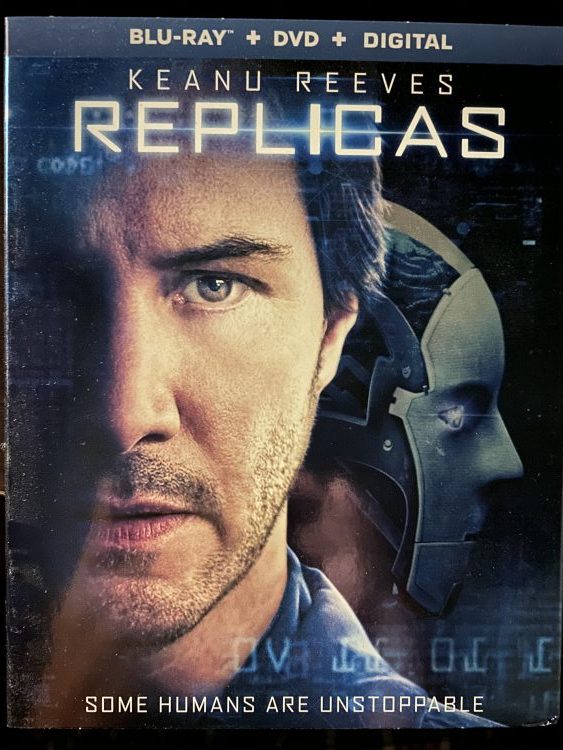Vietnam
In the annals of American history, there may be no other country name that evokes such emotion as the country of Vietnam. The history of this conflict is more than just a military struggle. The impact that the Vietnam conflict had on American culture and foreign policy for many decades to come makes it a truly watershed war in the life of a relatively young country.
Vietnam was not, on the surface as clearly a moral battleground as World War II or the Civil War had been. That in itself made it more difficult for Americans to understand and become patriotic about as they had been in prior wars. Yes, as in past conflicts, we found ourselves defending our allies, the South Vietnamese against the attacks of a communist neighbor to the north. And in that way, it became a struggle to assist an ally, a military objective that America had long embraced.
But the war was not just with the North Vietnamese. To a very large extent, the war was against the Chinese and the Russians who were using the theater in Vietnam to wear down the American fighting force. It was a war that had been going on for many decades before the Americans got involved as a regional battle.
Many foreign powers had gotten involved and left defeated so when America entered this conflict, it was a very different kind of war than we had been used to. The armies mixed with the population. There were no uniforms and formations and battle theaters as battle could occur anywhere at any time. Combine that with a hostile jungle setting and the complete absence of any battle protocol and you had a formula for failure if not a very difficult road to success.
Vietnam also is a watchword for the tremendous resistance movement that rose up on American soil to try to stop the conflict. This resistance movement became deeply entangled with a huge change to the social fabric in the rise of the youth movement, the hippies and the fast moving surge of the civil rights and the woman’s rights movements. This made the era of the late 1950s through the early 1970s tremendously difficult to navigate as a nation.
Vietnam did follow somewhat of a predictable path of invasions, major battles, set backs and regrouping of our forces. But the military faced a huge challenge in facing the many new war scenarios this difficult combat setting presented. As the casualty count grew, without a clear cut definition of victory and with very few clear victories to demonstrate to the American people our superiority, the ability of civilian leadership to sustain the support for the war effort became jeopardized.
Vietnam very much represents a transition in how America viewed conflict. We came out of the huge successes we had seen our military bring in battle. The defeat of Hitler and the axis powers in World War II gave America a sense of confidence, of divine calling to prevail militarily and the concept that we are the good guys and we will always win. But we did not win in Vietnam and that was and is a hard lesson to learn.
America demonstrated its devout dedication to the concept of supporting an ally in a warring situation when it committed troops to the Vietnam conflict. But there were many lessons to be learned about preparation and going into a conflict with a strategy that had a high probability of success. In wars to come in later years such as Grenada, the Balkans and the Liberation of Kuwait, we demonstrated that America had learned those lessons going in with a massive force and achieving victory before we got bogged down in a long civil conflict.
So we can applaud the bravery of our troops and the willingness of our leadership to learn from a tough war like Vietnam. The lessons to be learned from Vietnam are still being worked out. But in the end, we will be a better nation and a stronger nation because we put ourselves on the line for a friend, even if the outcome was not the desired outcome.
Random Products
-
Bigfoot & Alien at a Campfire 5″ Vinyl Decal – Sasquatch Approved
$8.00Original price was: $8.00.$6.00Current price is: $6.00. -
American USA Sasquatch Bigfoot “You Never Saw Me Bro” Bumper Sticker
$6.99Original price was: $6.99.$4.97Current price is: $4.97. -



